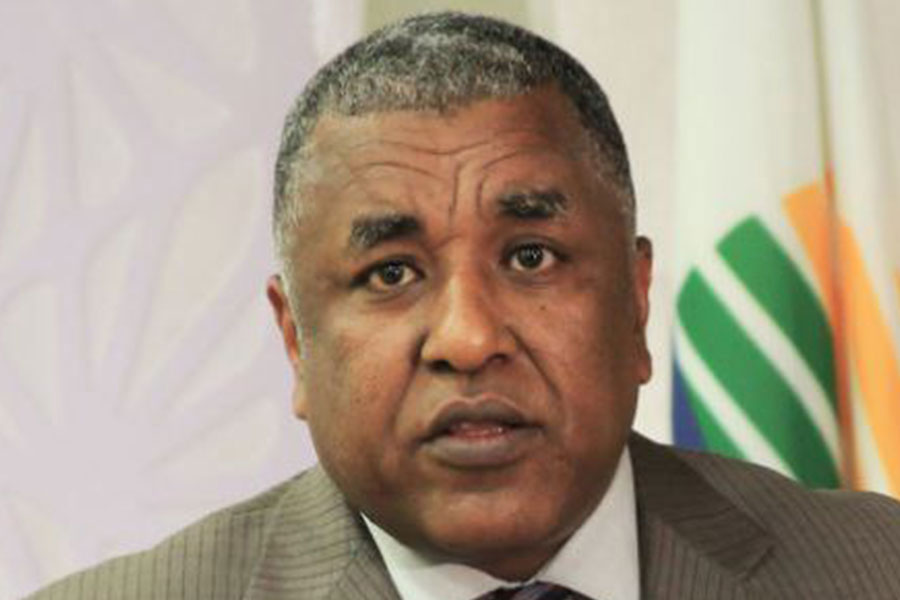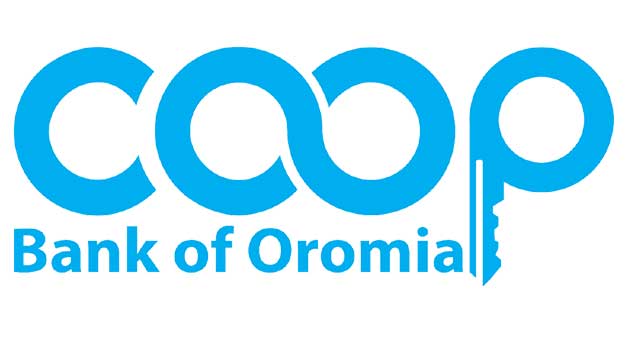
Fortune News | Mar 14,2020
Jan 1 , 2022
By BERSABEH GEBRE ( FORTUNE STAFF WRITER )
A bill that entails uniform annual premium rates and higher state subsidies for a community-based health insurance scheme was endorsed by the Council of Ministers last week and sent to parliament for approval. The universal insurance scheme was first introduced a decade ago.
Experts at the former Ethiopian Health Insurance Agency, now the Ethiopian Health Insurance Services (EHIS), have worked on the proclamation's amendment. Close to 20 consultative meetings were held before the bill was sent to the Council of Ministers in September 2020, disclosed Mohammed Yimere, head of the legal directorate at EHIS.
The scheme, developed to give access to healthcare for low-income segments of the population, covers 288,000 households in Addis Abeba, catering to 1.3 million residents primarily engaged in the informal sector. Close to 40 million rural residents and low-income urbanites across 770 weredas in the country are beneficiaries of the scheme. Last year, 2.2 billion Br in premiums were collected at the national level.
If passed, the amended proclamation will end the mandate of city and regional administrations to set and change premium rates under their respective jurisdictions. Rates vary with the highest premiums in urban areas, such as Dire Dawa set at 520 Br and a ceiling of 250 Br in rural areas.
The Addis Abeba City cabinet increased rates by 30pc to 500 Br a month ago. The scheme was launched in the capital in 2011 with 170 Br as the annual fee; however, the rates have increased twice since.
The bill proposes the establishment of national and regional pool funds comprising state subsidies and reserve funds equivalent to five percent of the total contributions made by beneficiaries. The establishment of the pool and reserve funds will allow service providers to continue if the money runs out, says Addisu Abebaw, director of a resource mobilisation, administration and partnership at the health bureau of the Amhara Regional State.
If the pool runs into a deficit, the shortfall will be covered by the federal and regional governments, entities which partially funded through subsidies. The federal government provides a general subsidy amounting to 10pc of premiums collected, and regional states cover the cost of offering fee waivers to the poorest 10pc of the population.
The Dire Dawa City Administration has been subsidising contributions from 9,000 households that cannot afford to pay, according to Merrin Amede, coordinator of commuity-based health insurance at the Dire Dawa Health Bureau. Subsidies cost the town's administration close to four million Birr last year, benefiting around 22,500 residents.
The proclamation seeks to increase the federal subsidies to 25pc of annual contributions. Those unable to pay the yearly premiums and patients seeking emergency care are eligible for free medical service under the reformed scheme. It also proposes to set up a national council for community health insurance, chaired by the Deputy Prime Minister. Heads of regional states sit as members in this council to set and adjust annual rates. According to the bill, regional states and city administrations are responsible for registering and issuing identification cards to beneficiaries.
Setting a uniform premium rate can be difficult due to disparity in living standards and wages in different parts of the country, according to Addisu of the Amhara Regional State, where seven million people benefit from the scheme.
"It's not uniform within a region, let alone across the country," he said.
Premium rates in most of Amhara Regional State sit at 350 Br, but three weredas charge beneficiaries 450 Br.
PUBLISHED ON
Jan 01,2022 [ VOL
22 , NO
1131]

Fortune News | Mar 14,2020

Radar |

Fortune News | Dec 21,2019

Viewpoints | Apr 03,2021

Radar | Dec 26,2020

Fortune News | Apr 30,2022

News Analysis | Aug 28,2021

Fortune News | Oct 28,2023

Radar | Jun 27,2020

Fortune News | Jan 05,2020

Dec 22 , 2024 . By TIZITA SHEWAFERAW
Charged with transforming colossal state-owned enterprises into modern and competitiv...

Aug 18 , 2024 . By AKSAH ITALO
Although predictable Yonas Zerihun's job in the ride-hailing service is not immune to...

Jul 28 , 2024 . By TIZITA SHEWAFERAW
Unhabitual, perhaps too many, Samuel Gebreyohannes, 38, used to occasionally enjoy a couple of beers at breakfast. However, he recently swit...

Jul 13 , 2024 . By AKSAH ITALO
Investors who rely on tractors, trucks, and field vehicles for commuting, transporting commodities, and f...

Oct 25 , 2025
The regulatory machinery is on overdrive. In only two years, no fewer than 35 new pro...

Oct 18 , 2025
The political establishment, notably the ruling party and its top brass, has become p...

Oct 11 , 2025
Ladislas Farago, a roving Associated Press (AP) correspondent, arrived in Ethiopia in...

Oct 4 , 2025
Eyob Tekalegn (PhD) had been in the Governor's chair for only weeks when, on Septembe...